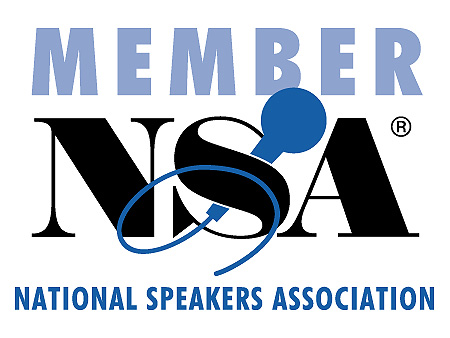Questions about Planning to Excel: Strategic Planning That Works
1. In your book, Planning to Excel: Strategic Planning That Works, you present a unique model for strategic planning. What’s different about your approach?
2. Strategic Planning used to be all the rage but it isn’t very popular these days. Why?
3. What are some of the benefits of a good strategic plan?
4. Who will benefit from using your model?
5. Will it work for a non-profit organization?
6. How does strategic planning relate to leadership?
7. Take us through the important points in your model and process. (Note: This answer can take several minutes)
8. In the book, you dedicate several pages to communicating the plan. Why is this important?
9. How long does it take to create a good strategic plan?
10. What level in a company should make a strategic plan?
11. Why do you place such importance on the leadership team?
12. You talk about a personal strategic plan. What is that?
13. How often should a company review or rewrite their plan?
14. What’s the difference between the vision and the mission?
Questions about leadership development
1. You concentrate on developing first and mid-level managers. Why?
2. How does leadership relate to strategic planning ?
3. How do you train new managers to be leaders?
4. What’s the benefit to a company or organization to spend the resources for training at this level?
5. What advice do you give to young people who want to be leaders?
6. What’s the first step towards becoming a leader?
7. What do you look for in potential leaders?
8. How long does it take to develop great leadership skills?
9. You learned a lot about leadership in the military. Does military leadership translate well to the civilian sector?
10. Is it harder to be a good leader now than say, 20 years ago?
11. What made you decide to do leadership training?
12.What’s the difference between a good leader and a bad leader?
13. What’s the connection between good leadership and customer service?
14. Is there such a thing as born leaders?
Questions about “Balancing the Generations: A Leader’s Guide to the Complex, Multi-Generational, 21st Century Workplace”
1. Why did you write this book?
2. Are the generations really that different?
3. In “Balancing the Generations” you separate the GI Generation, which many writers do not. In fact you make a big distinction. Why?
4. Which generation do you find most fascinating?
5. What are some of the surprises you found in your research?
6. What are some of the differences in communicating with various generations?
7. There seems to be a lot of turmoil these days about the different generations. Can they really work together in the workplace?
8. What’s the effect of technology on the whole generational issue?
9. What should a leader understand about the difference in generations?
10. Are there specific factors about the generations that would help managers retain good employees?
11. There is considerable concern about the retirement of the Baby Boomers. Who’s going to take their place in management and leadership?
12. Does the population size of the generations make a difference?
13. In the book you mention immigration. Why is this important when studying the different generations?
14. You talk about the need for all generations to be open-minded and adapt. Hasn’t that always been the case?
15. What is the biggest take-away from your book?
16. Is the millennial generation really different? Why?
17. Do you see any particular generation as better leaders?



